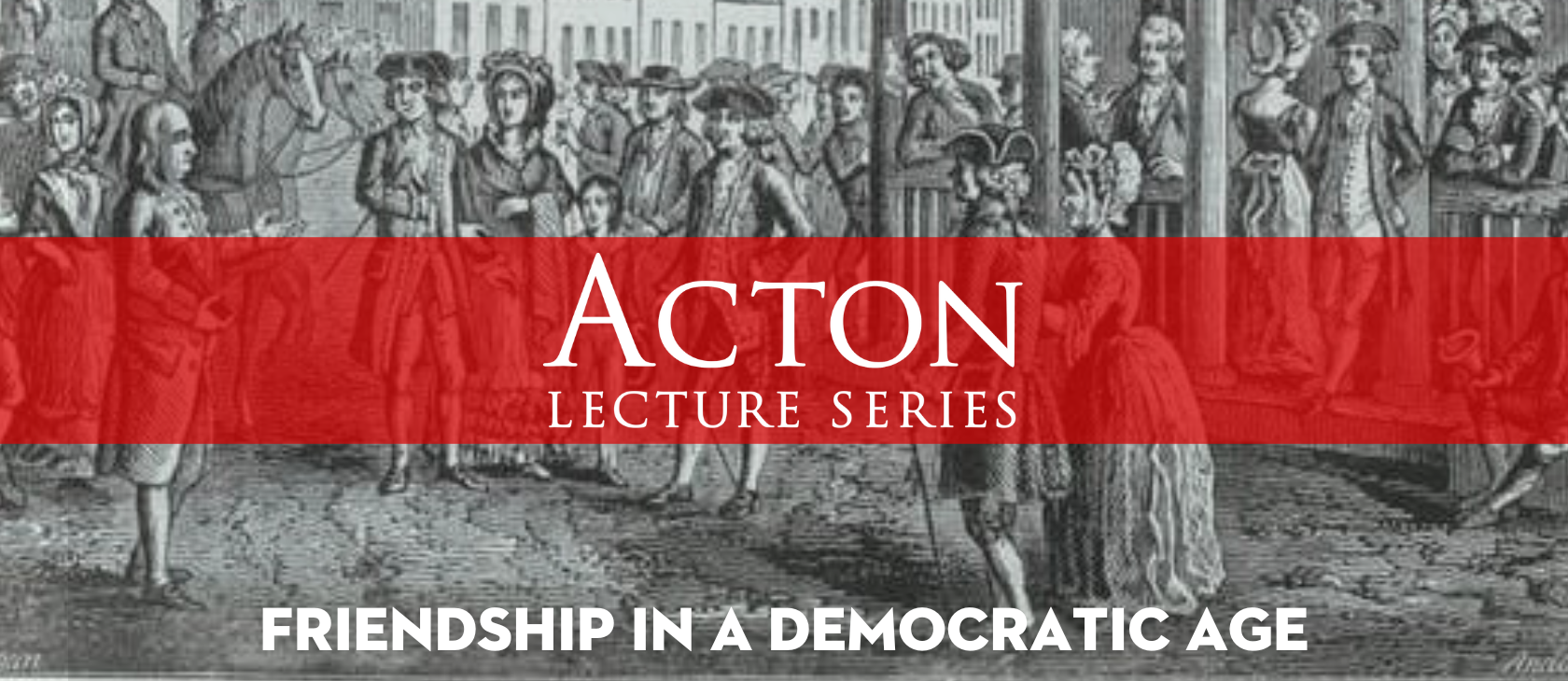Decades ago, social scientist Robert Putnam declared that Americans are increasingly “bowling alone”, failing to participate in voluntary associations which were traditional sources of community bonds and support, as well as schools of freedom and virtue. In more recent years, Americans have not just retreated from these organs of common life; they have become increasingly lonely, anxious, depressed, and mentally (if not also physically) ill. Americans are also marrying later (or not at all) and having children later (or not at all). These developments are startling not only for what they might herald as a matter of American political and civil life, but for what they herald for the soul, for the flourishing of the individual person.
In Alexis de Tocqueville’s Democracy in America, Tocqueville established the providential nature of the democratic social state, a world “altogether new” which required a “new political science” fit for it. His new political science aimed to evaluate democracy and the democratic equality of conditions for its strengths and for its weaknesses, and thence to “instruct it,” to bolster and strengthen it in its areas of weaknesses. In exploring how democratic equality would transform the intellect, sentiments, and mores, and eventually transform the democratic social state itself, Tocqueville painted images of democracy and of soft despotism that have endured poignantly to our own day.
Despite the encompassing tableau he crafted in Democracy in America, there are topics which Tocqueville did not directly address. One of them is friendship, despite friendship being a central element of his own life. Despite its seeming absence, however, we can think with Tocqueville and discover within his theory resources to ask: How does the democratic equality of conditions transform friendship, an association central to human flourishing? Drawing from Tocqueville as well as from Aristotle and C.S. Lewis, Gustafson will invite us to ponder how democratic equality offers opportunities for new forms of friendship while also encouraging habits and trends that can undermine it and move citizens into the “solitude of their own hearts.”




